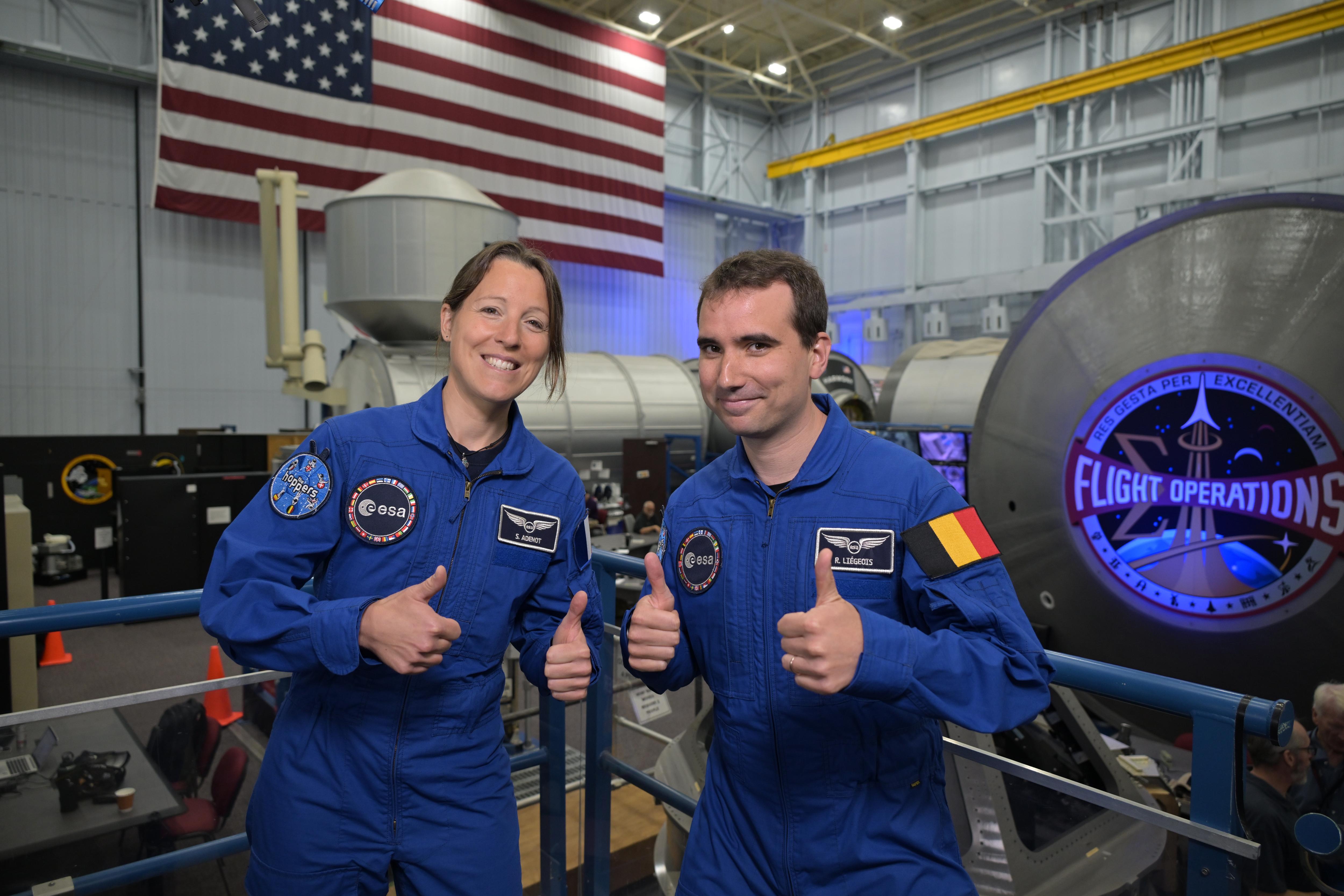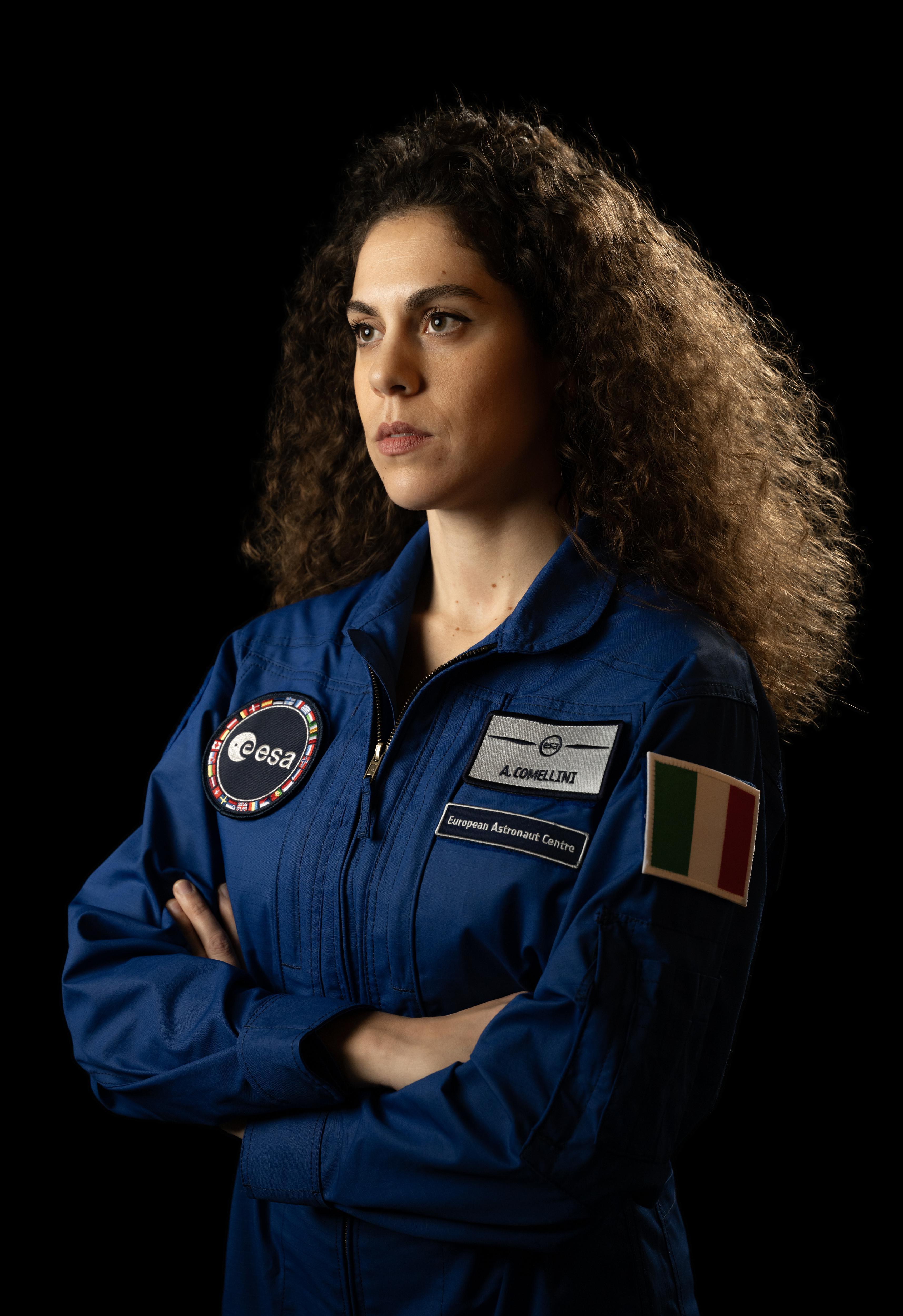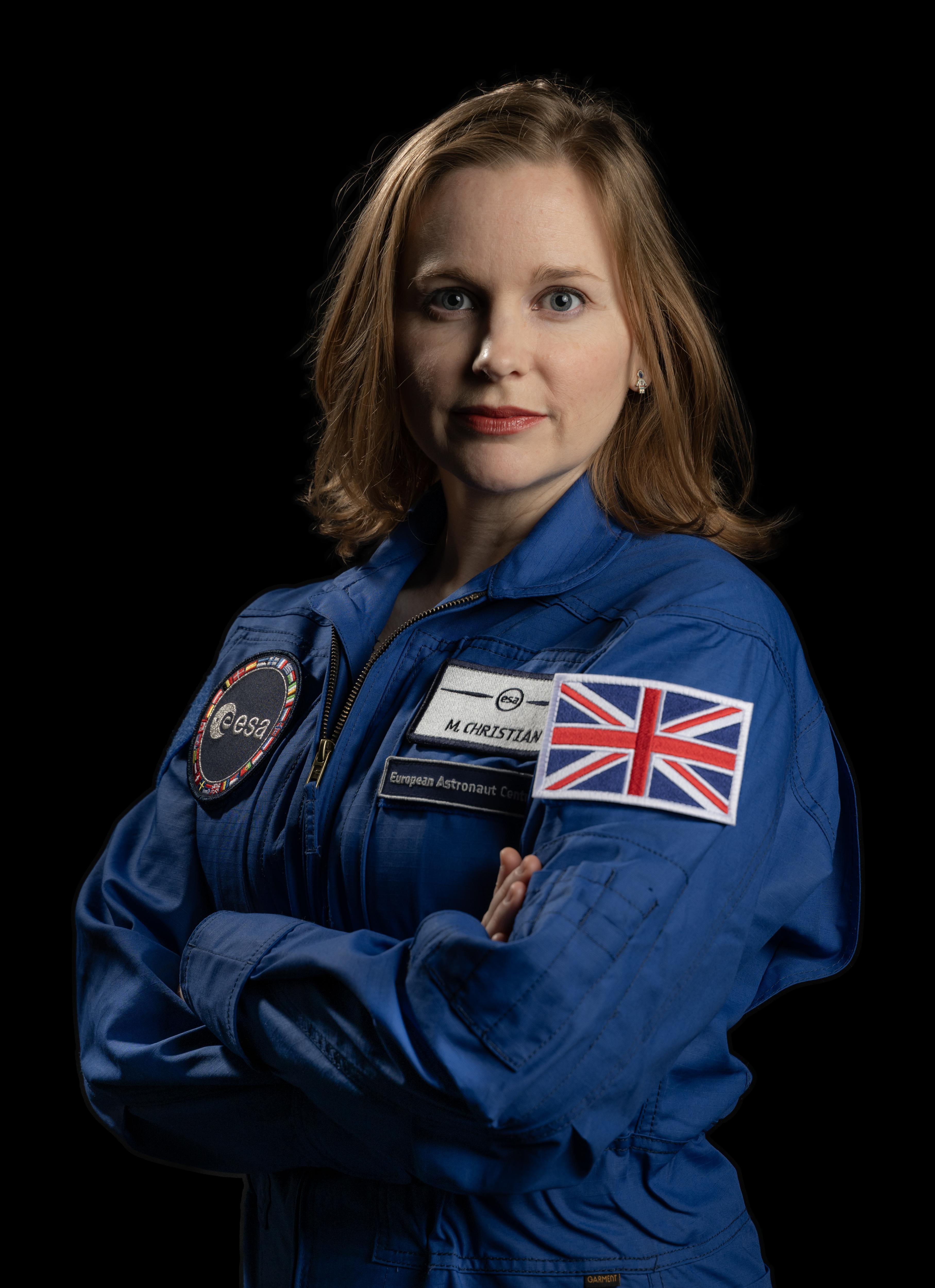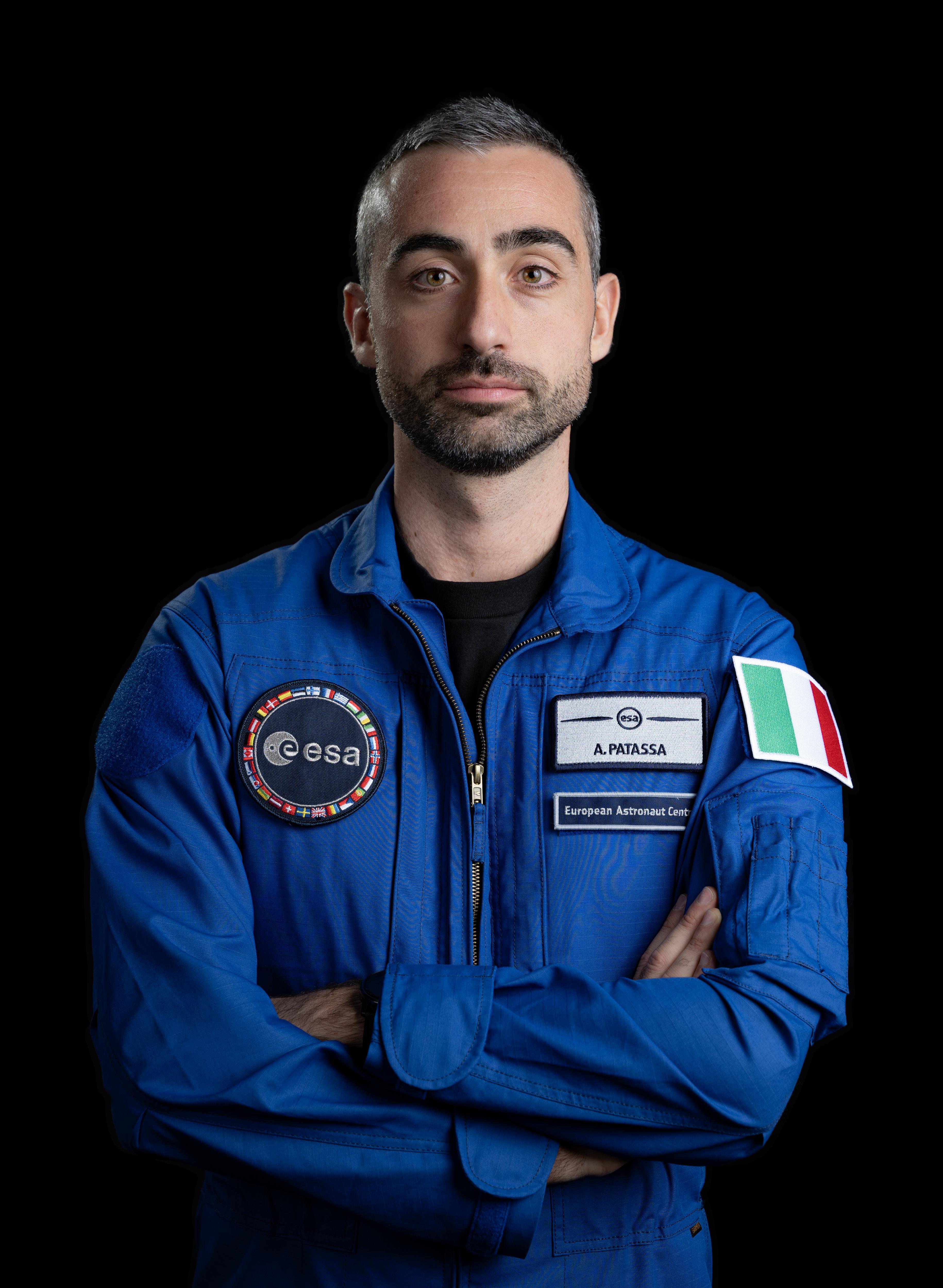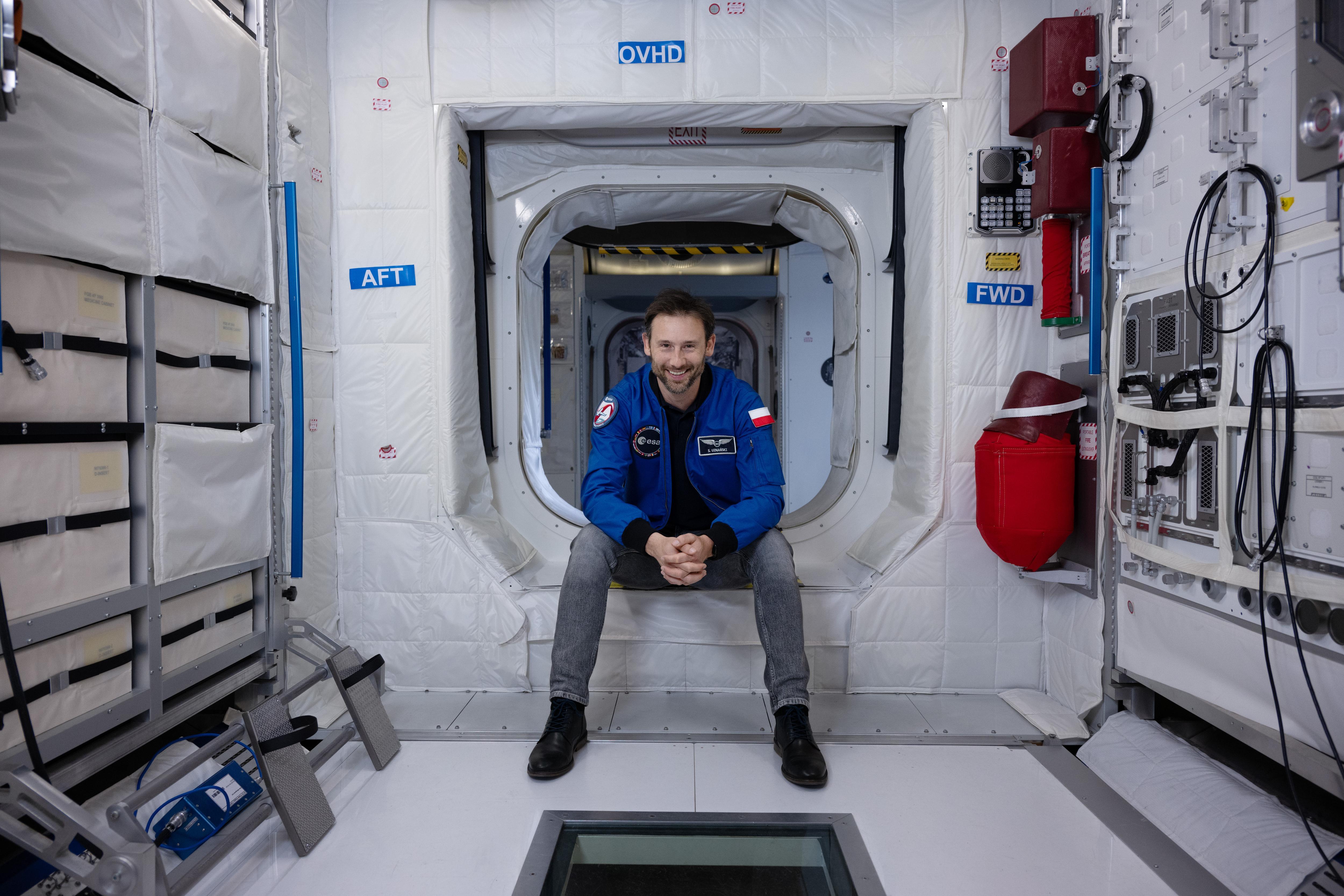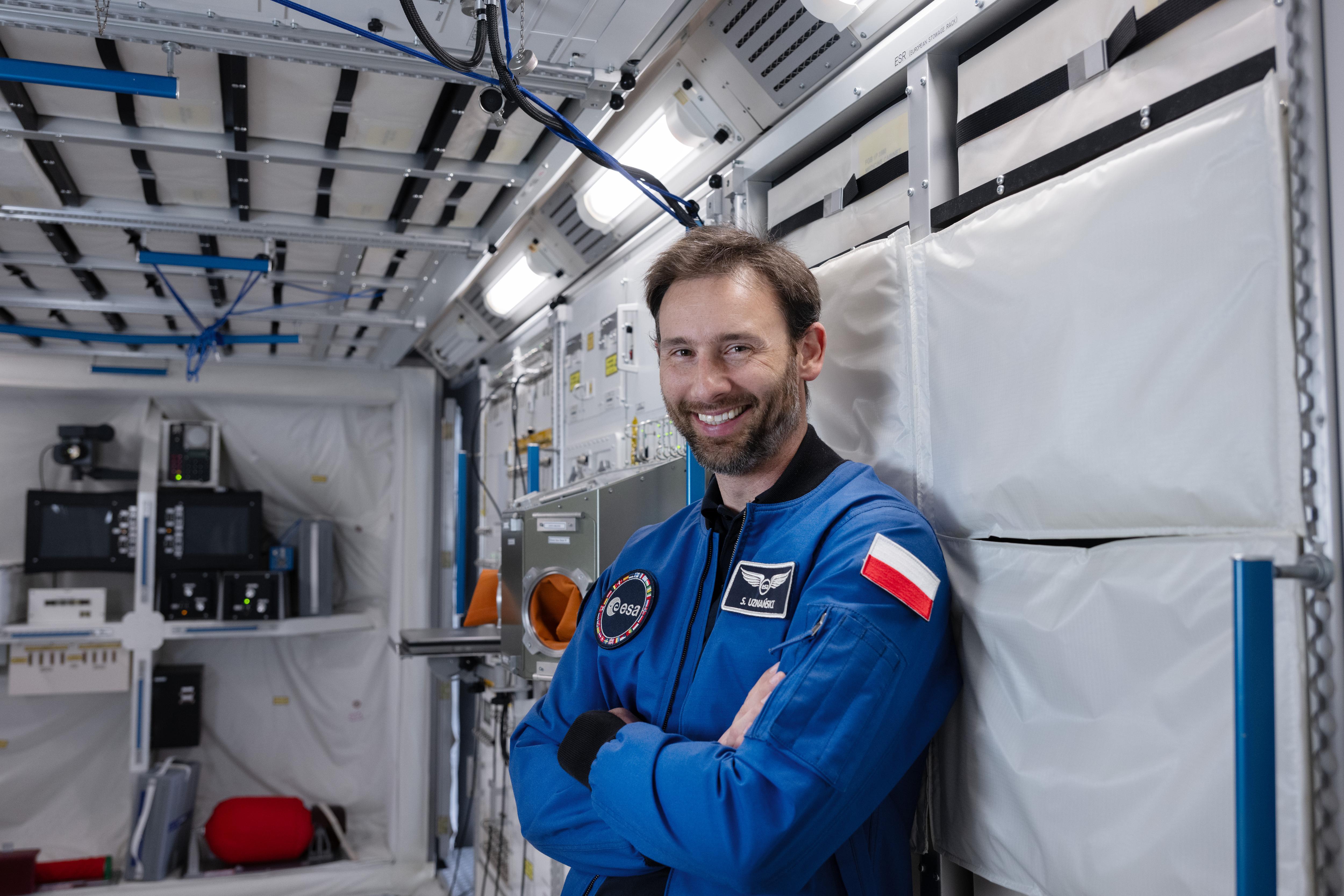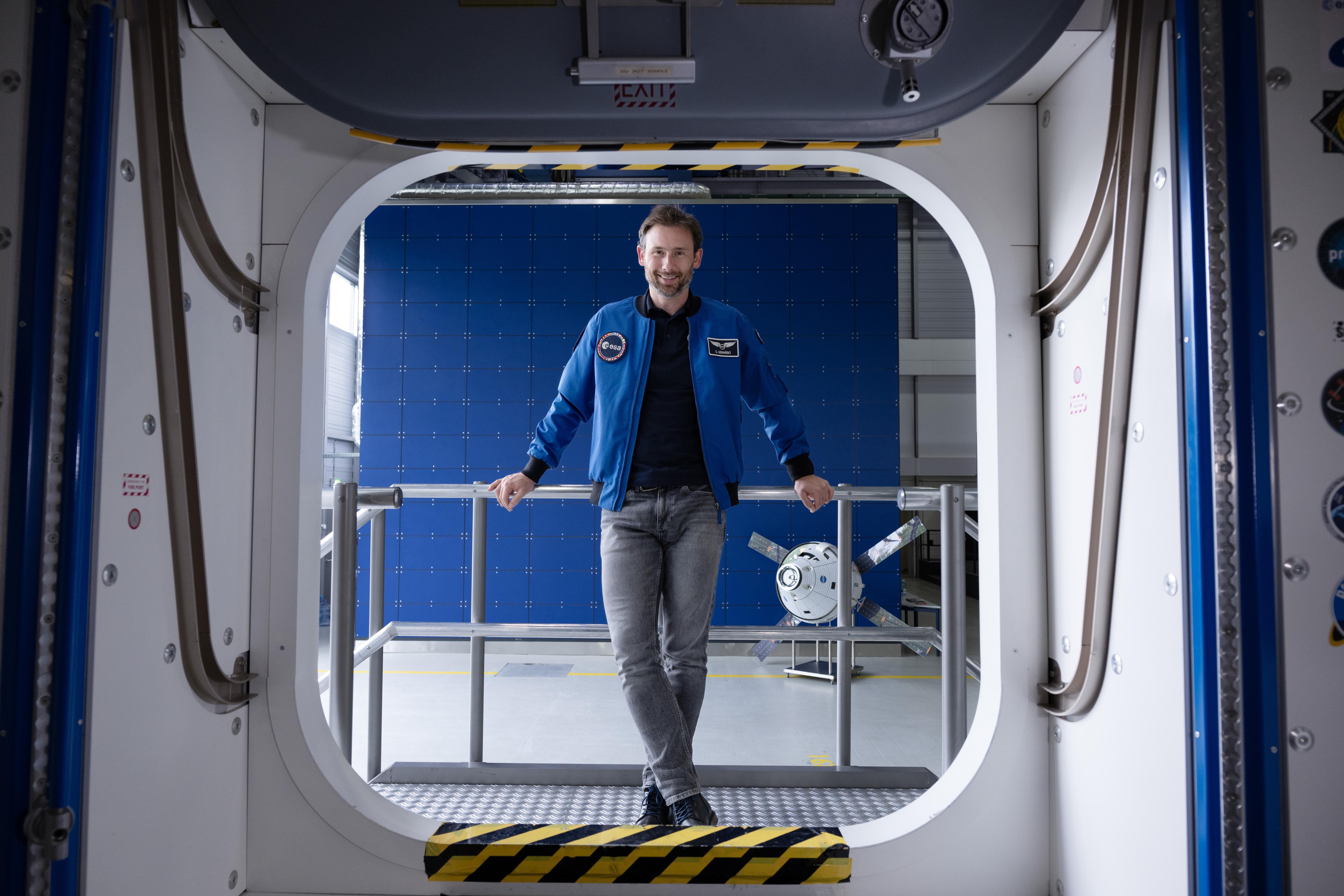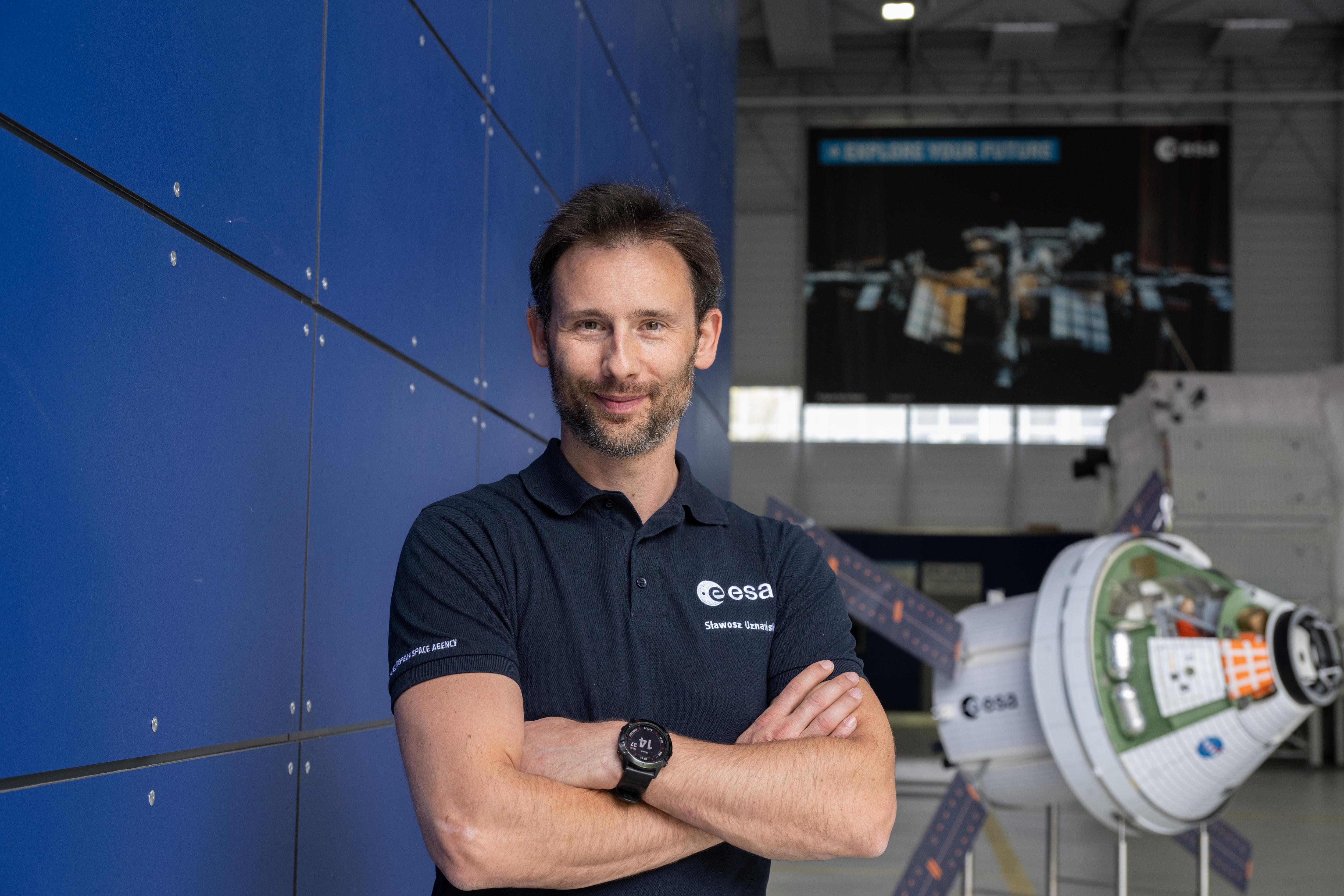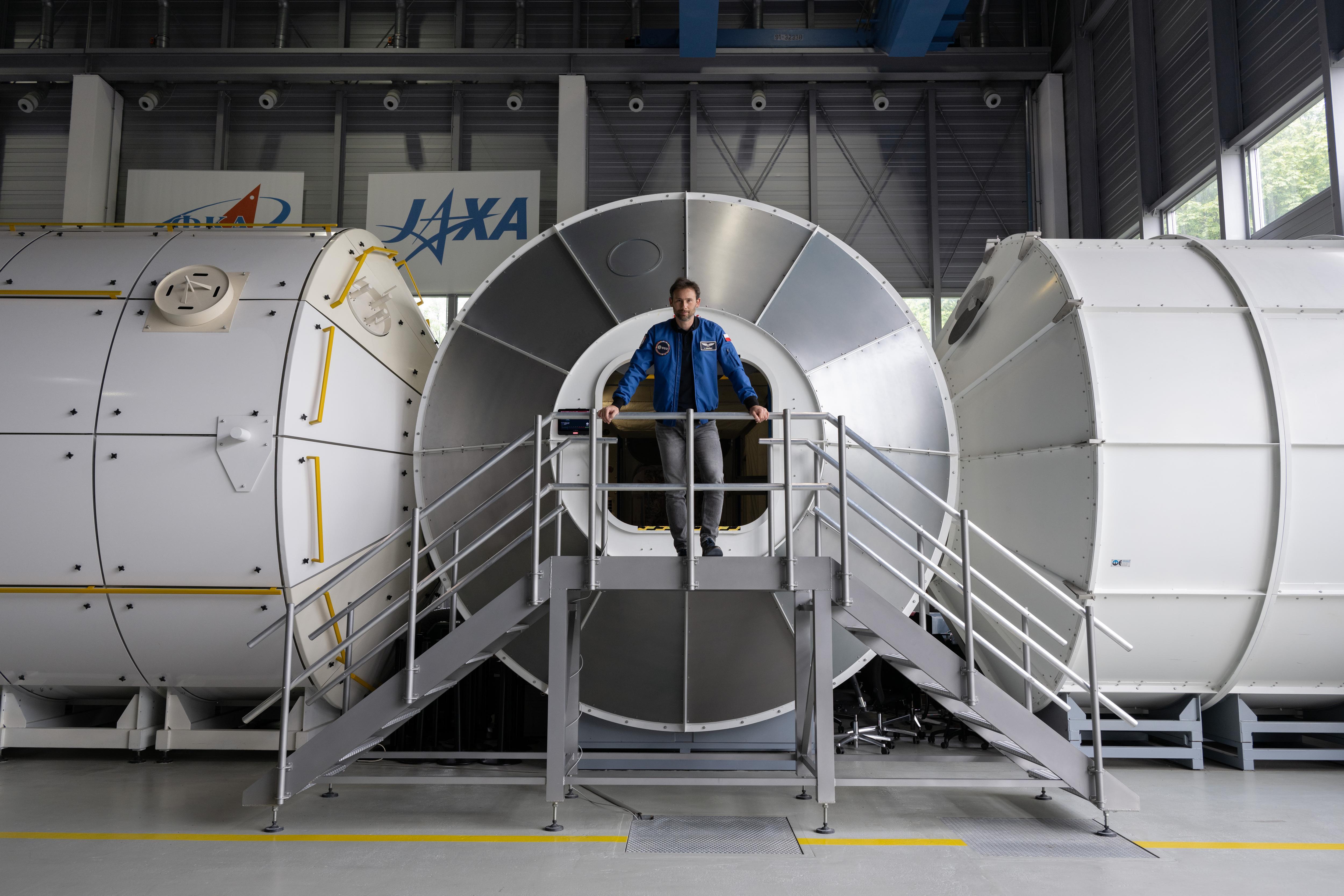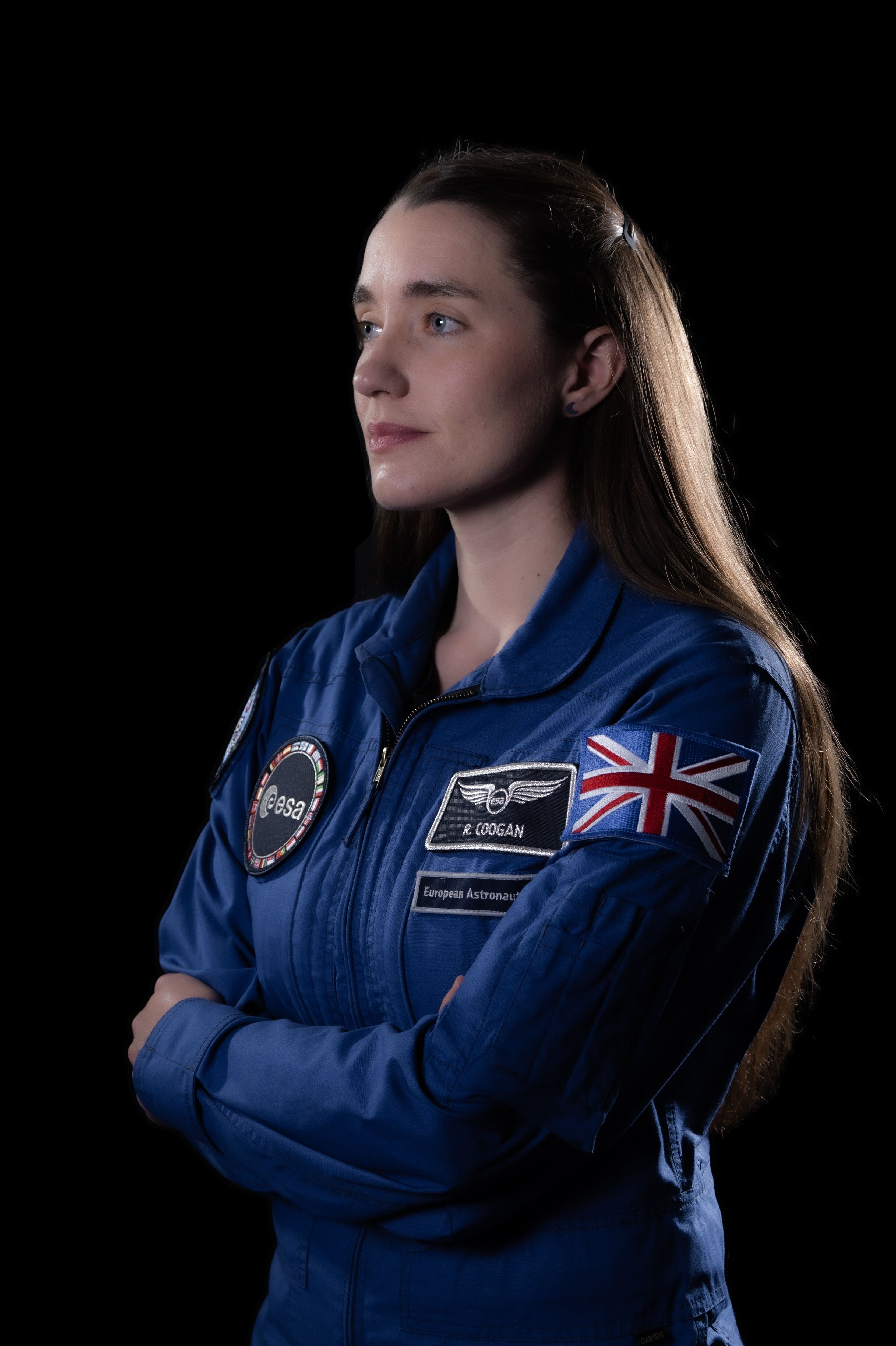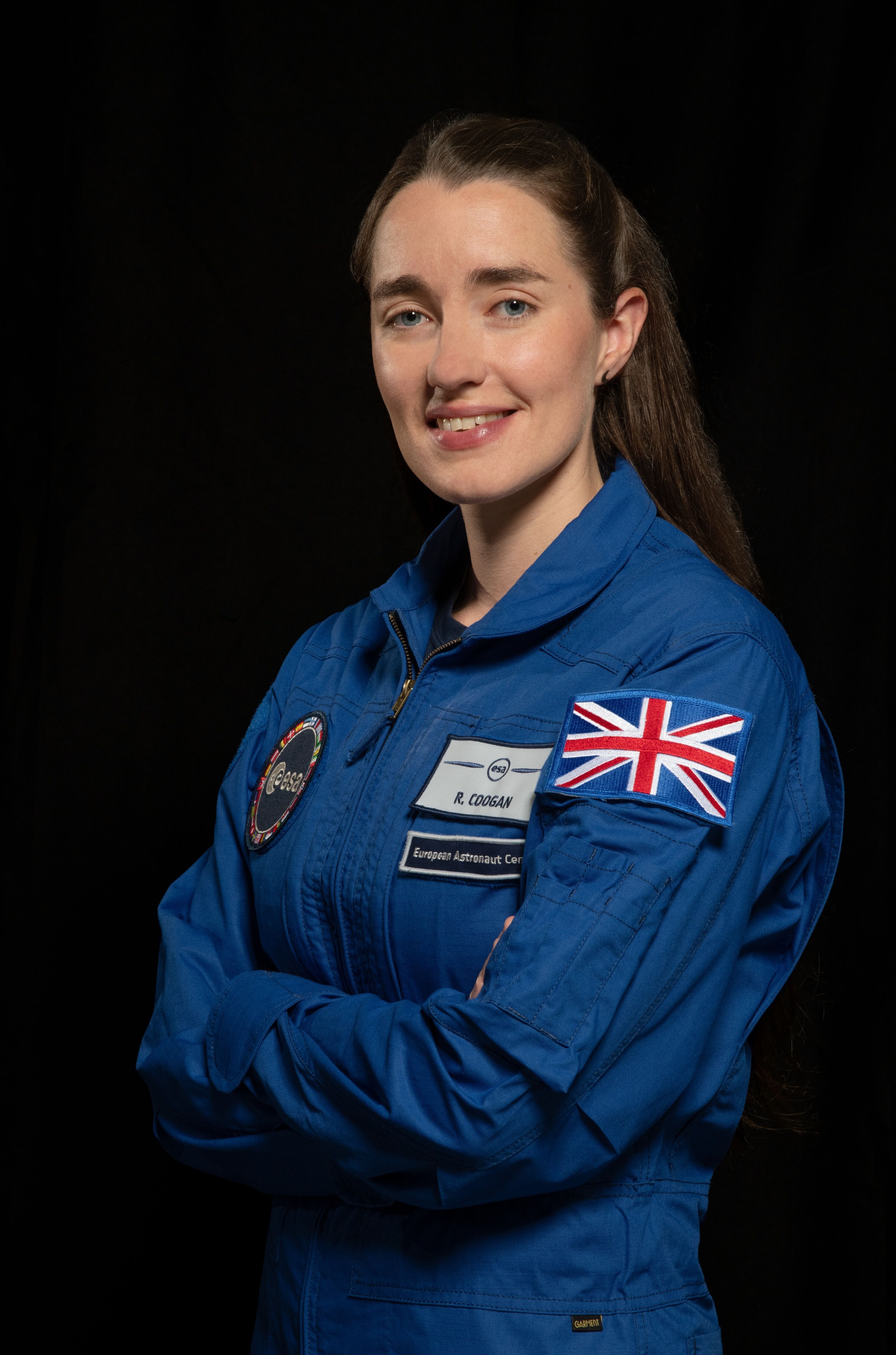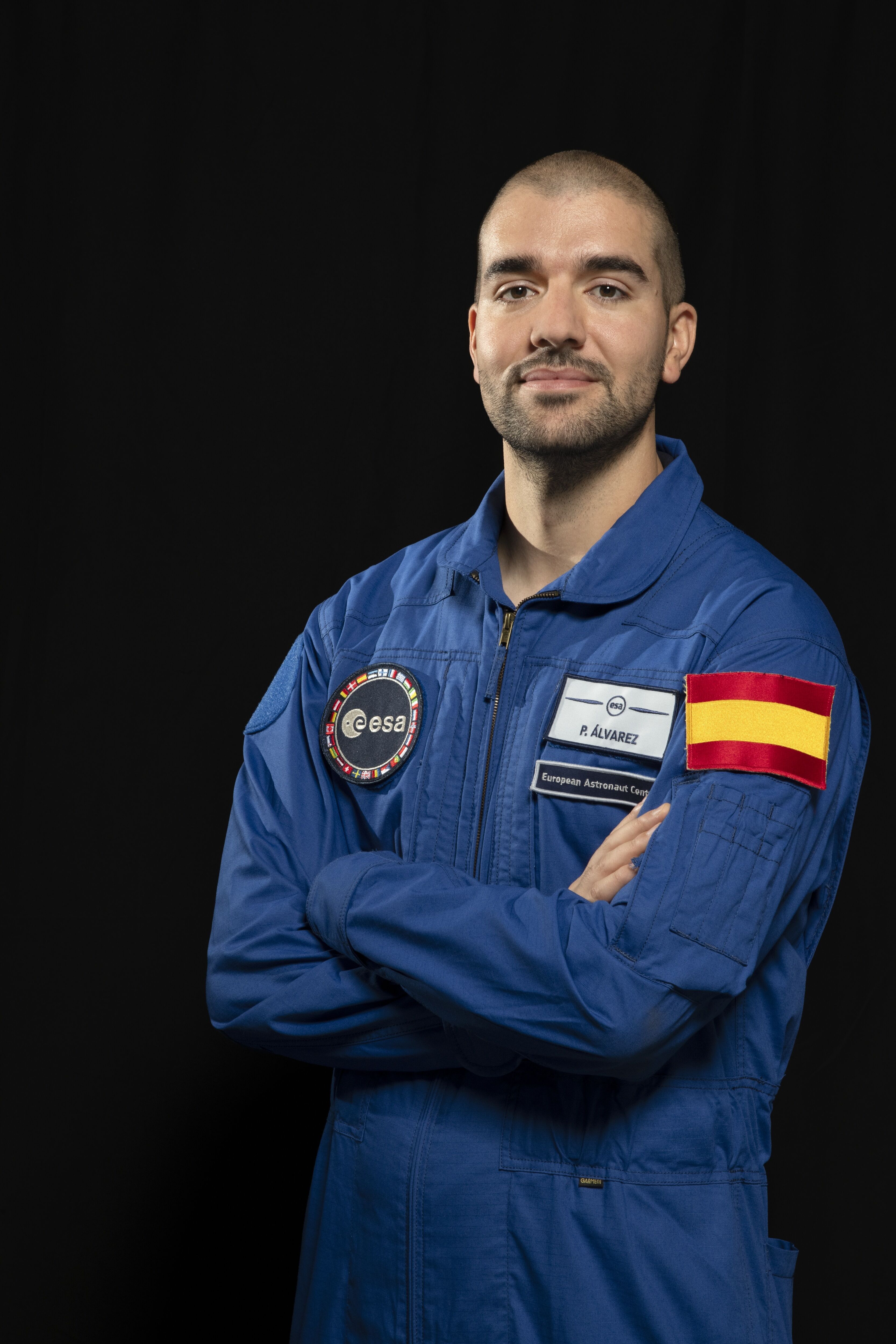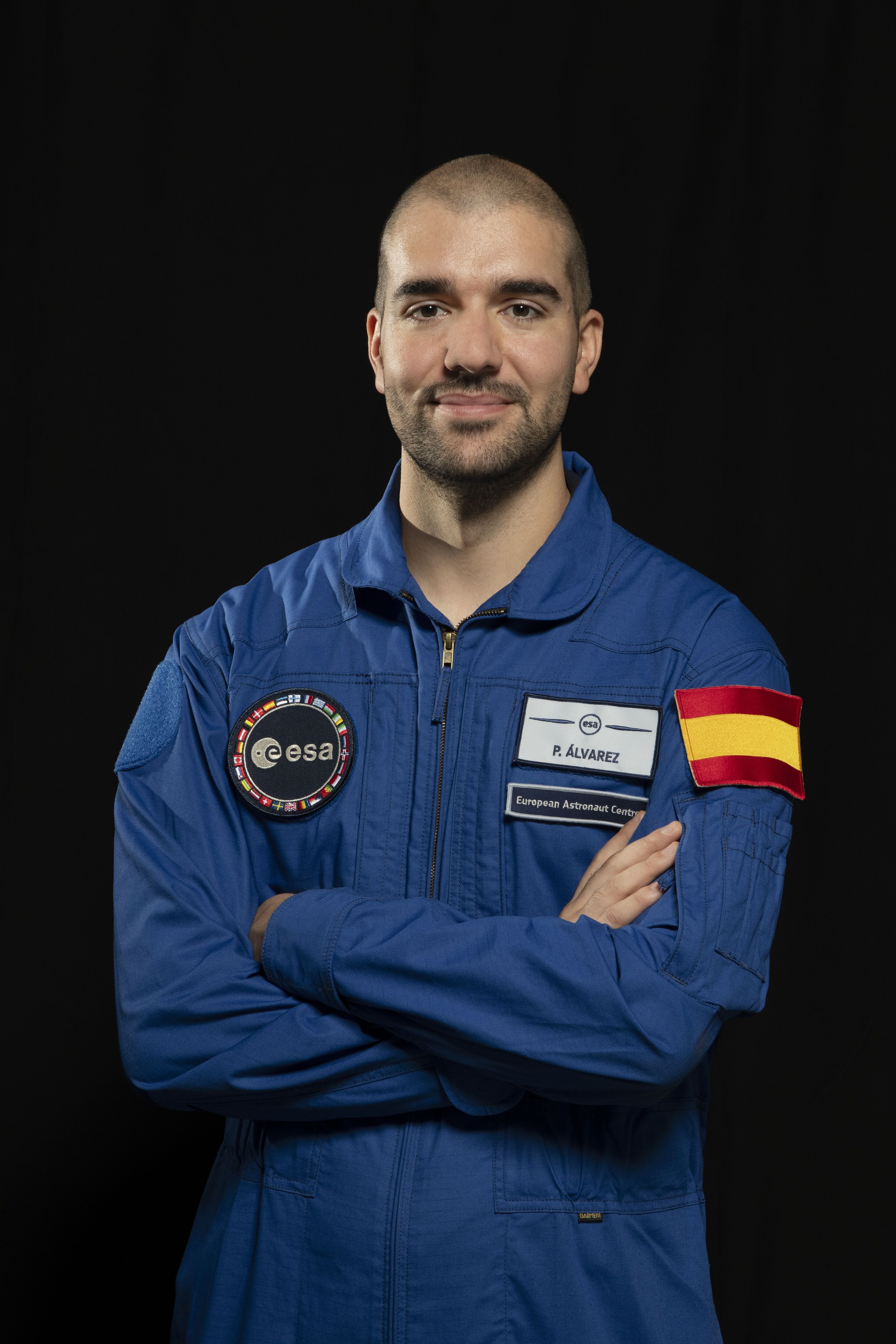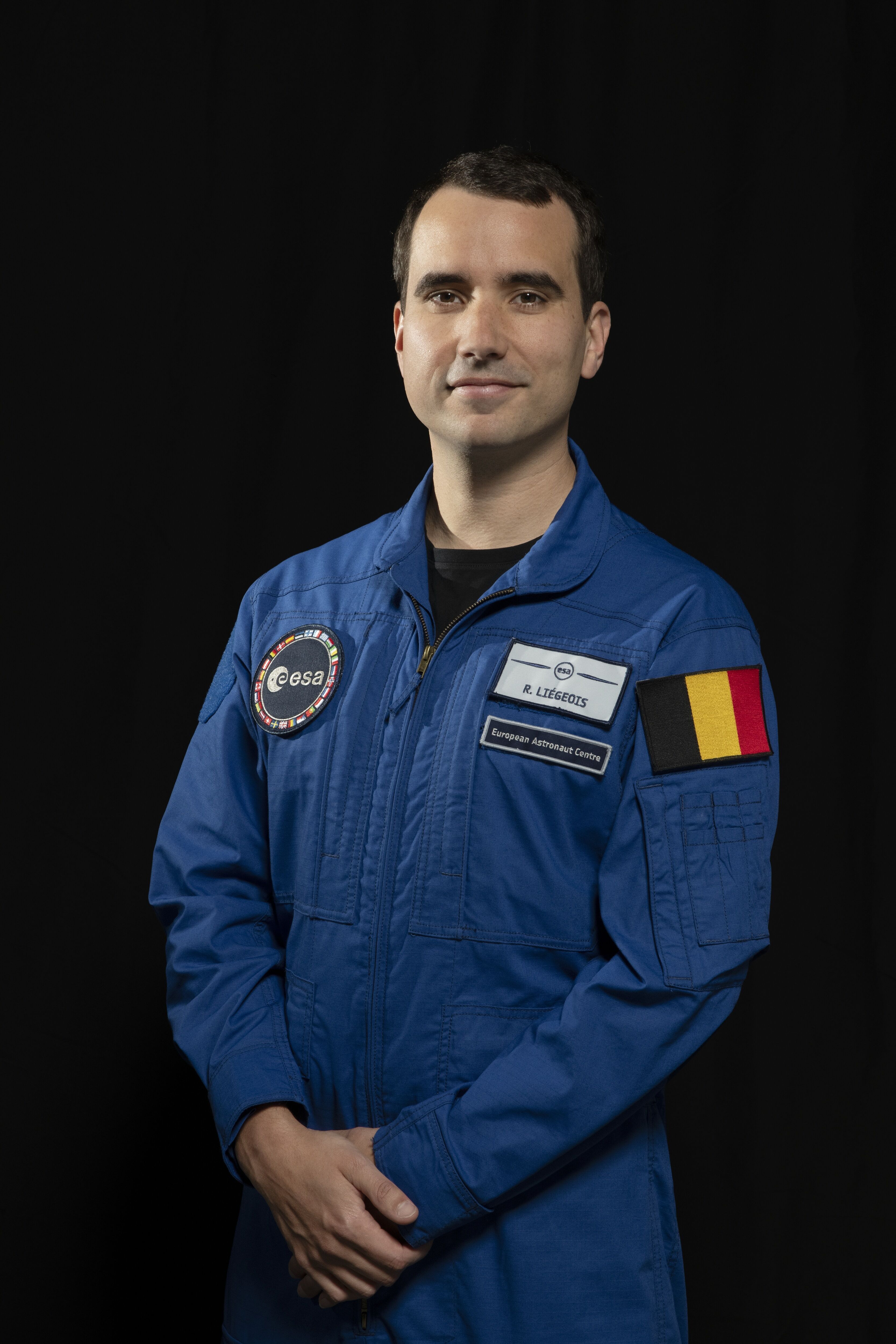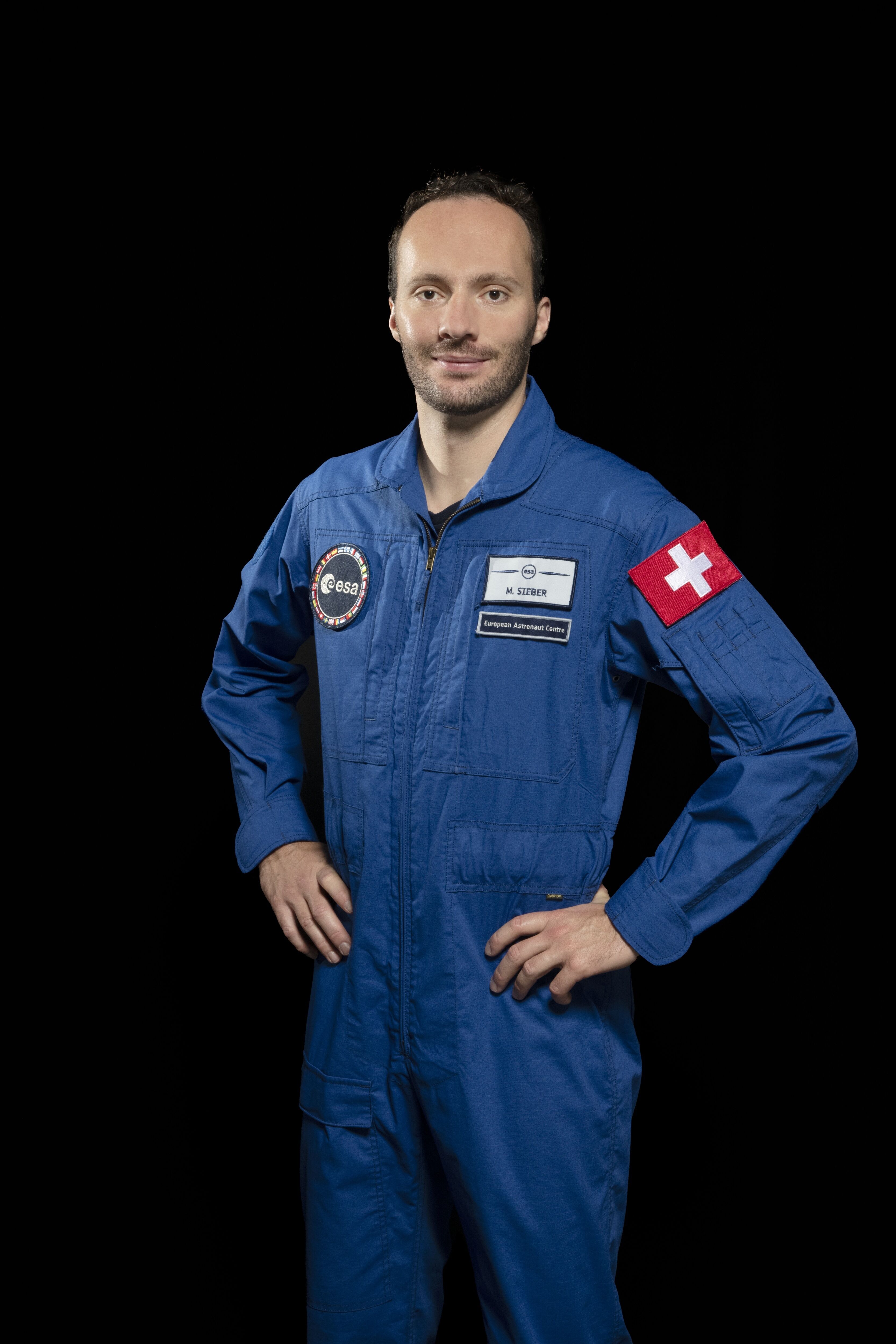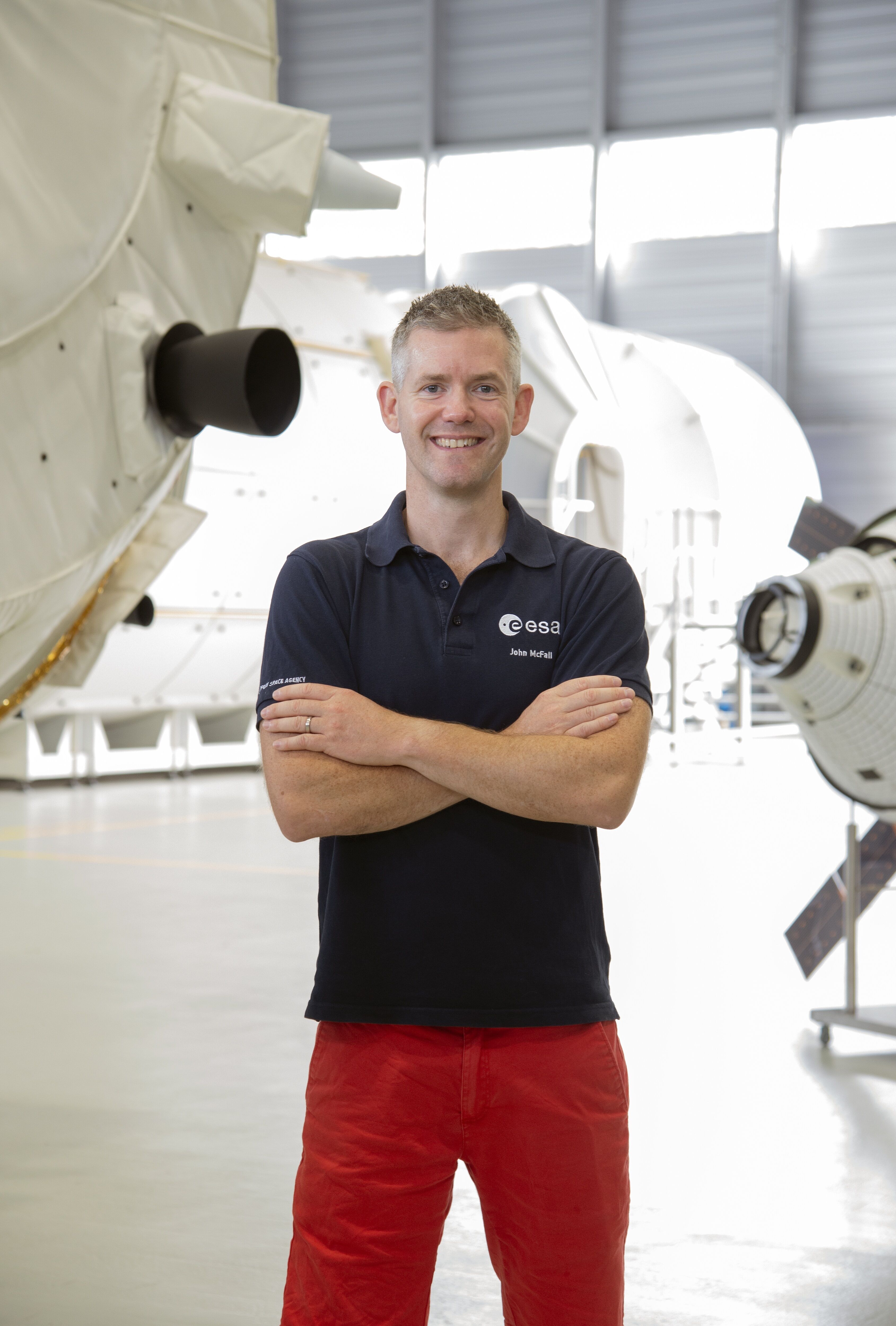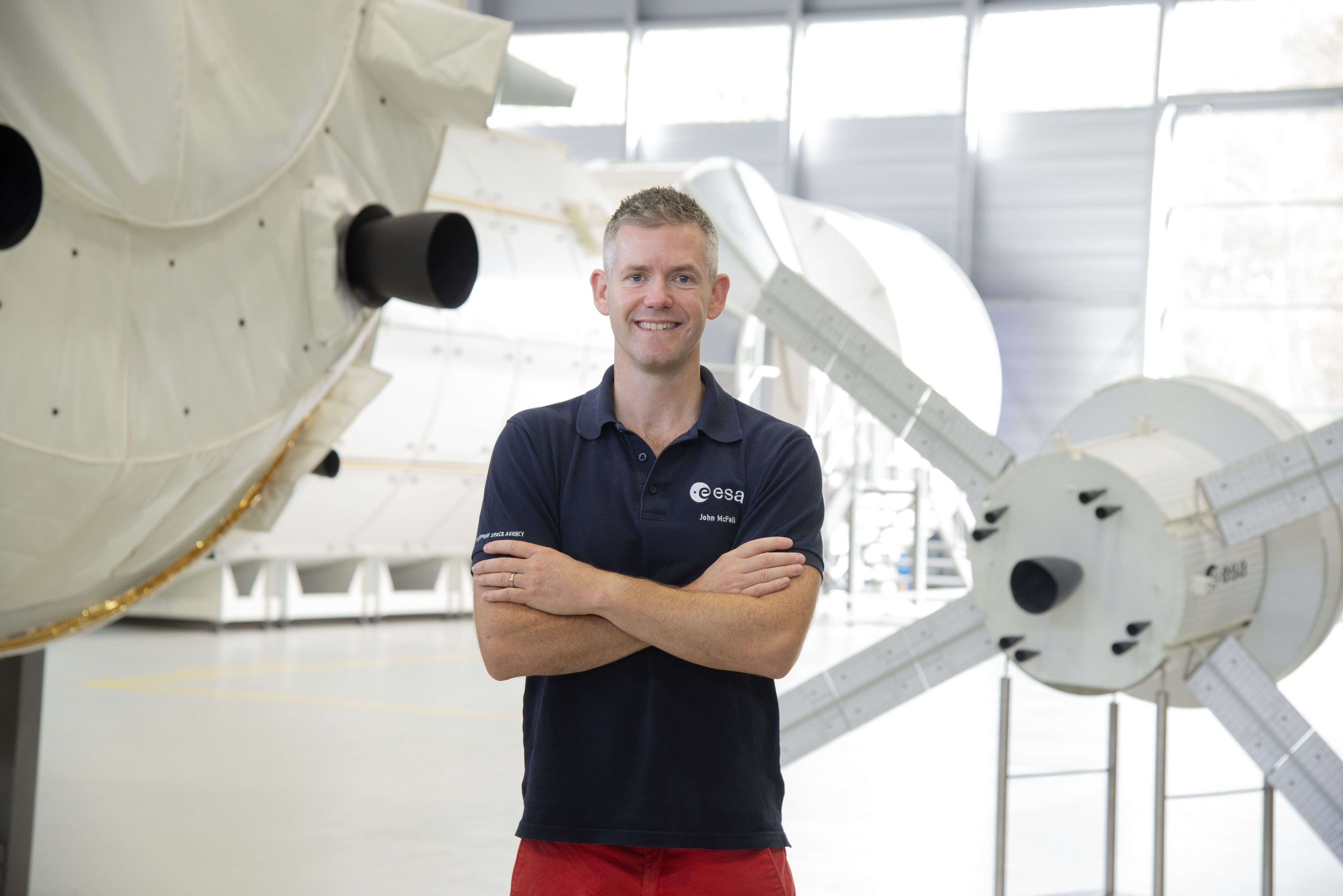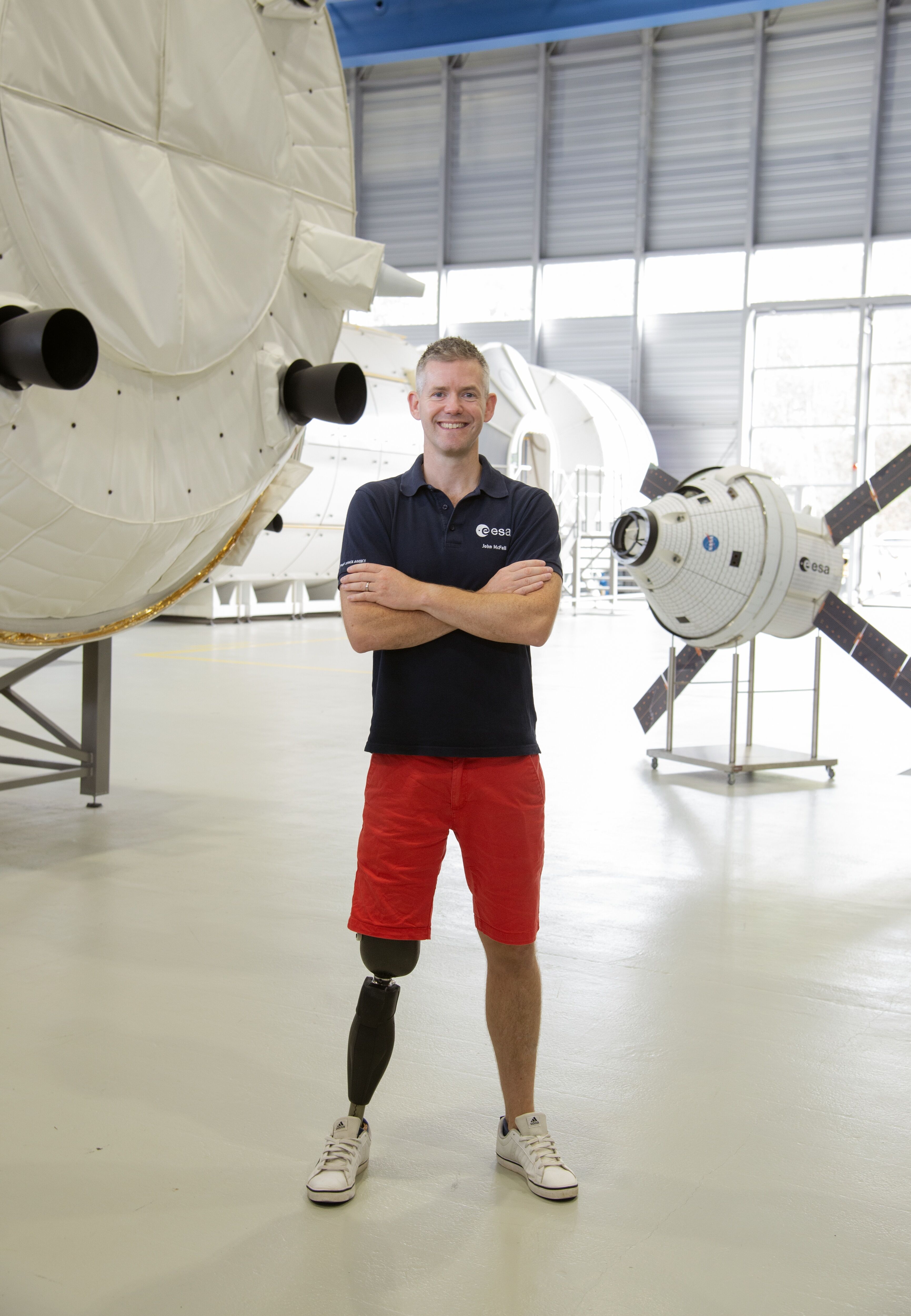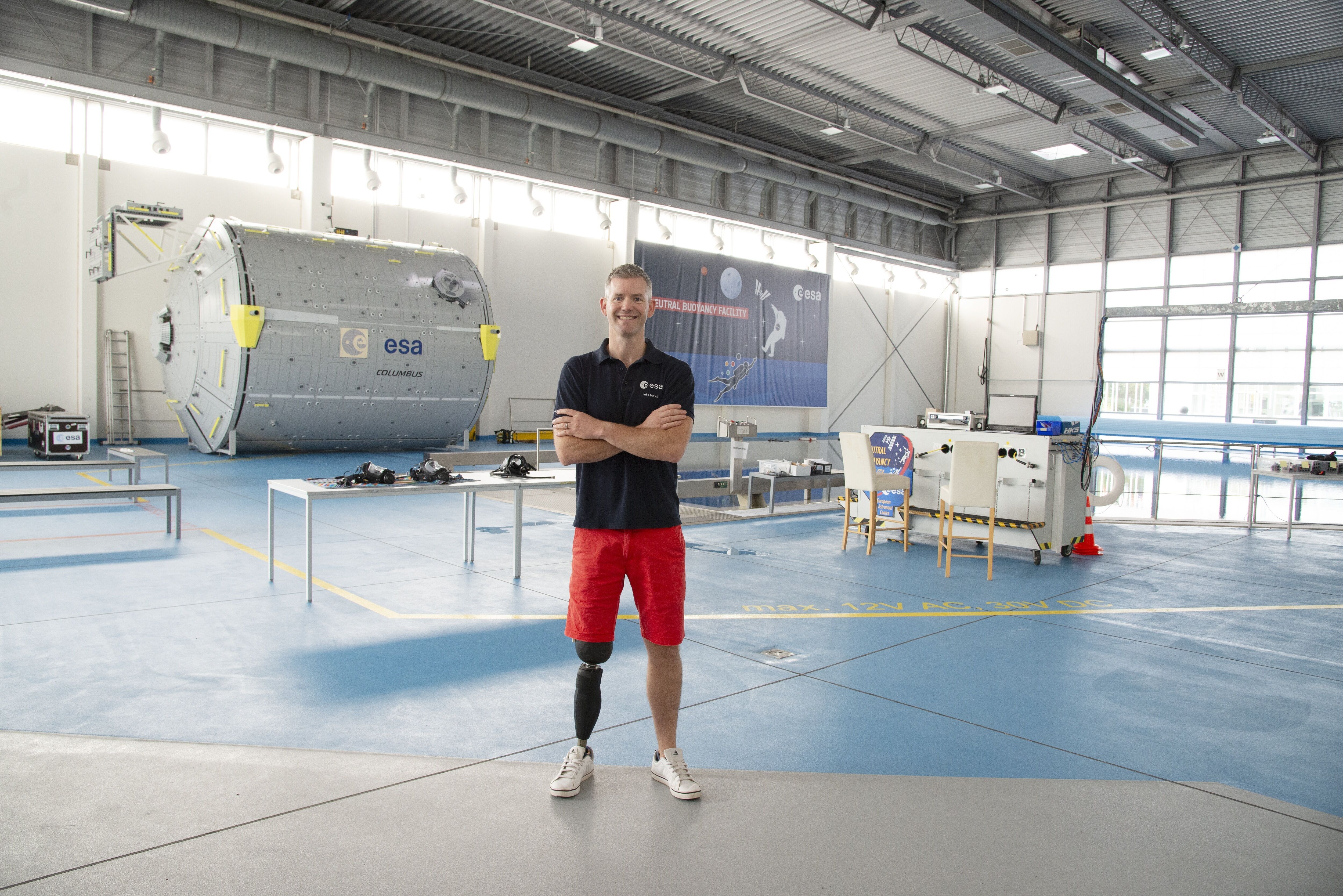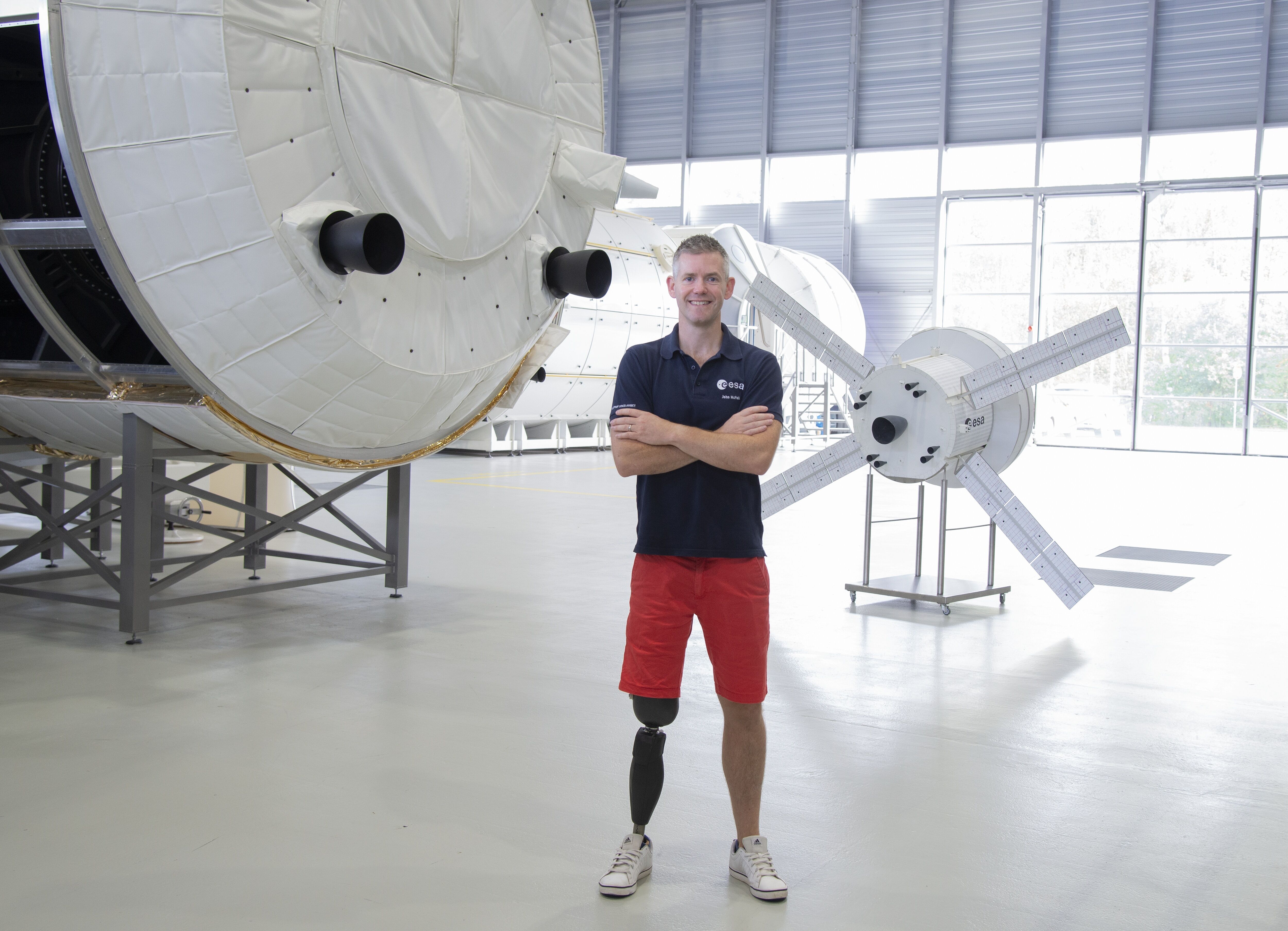Christer Fugelsang, Celsius missionAstronaut PortraitsFuglesang Christer (Sweden)
Christer Fuglesang portrait
Please sign in to download.
ESA astronaut Christer Fuglesang, from Sweden, poses in an Extravehicular Mobility Unit, or spacewalk suit. Christer Fuglesang is due to become the first Swede in space when he flies as a Mission Specialist on the STS-116 Space Shuttle mission, presently scheduled to visit the International Space Station (ISS) in 2005. During this mission, he will perform three spacewalks to attach a new segment to the ISS truss. A Swedish physicist specialized in particle physics, Christer Fuglesang worked at CERN (European Research Centre on Particle Physics) in Geneva when he was selected in May 1992 to join ESA's Astronaut Corps at the European Astronaut Centre in Cologne, Germany. In May 1993, Christer Fuglesang was selected to train in Russia for the Euromir 95 mission with fellow ESA astronaut Thomas Reiter, of Germany. He was formed for onboard engineer tasks, extra-vehicular activities (spacewalks) and operation of the Soyuz spacecraft. As a member of the backup crew for the actual mission, he was the prime Crew Interface Coordinator (CIC). All along the 179-day mission (September3, 1995 - February 29, 1996), he was the main contact at the Russian Mission Control Centre (TsUP) in Kaliningrad, with Thomas Reiter in Mir. He also acted as coordinator between Mir and the Euromir 95 Payloads Operations Control Centre, located in Oberpfaffenhofen, Germany, and the project management. Christer Fuglesang joined NASA's Mission Specialist Class at NASA-JSC in August 1996 and qualified for flight assignment as a Mission Specialist in April 1998. In October 1998 he was awarded the Russian 'Soyuz Return Commander' certificate, which qualifies him to command a three-person Soyuz capsule on its return from space. In October 1998 he was assigned to technical duties in the NASA-JSC Astronaut Office Station Operations System Branch on Russian Transfer Vehicles (i.e. Soyuz and Progress) and worked on support for the early ISS crews. In February 2002 he was assigned to the STS-116 mission, also referred to as the 12A.1 ISS assembly flight.
